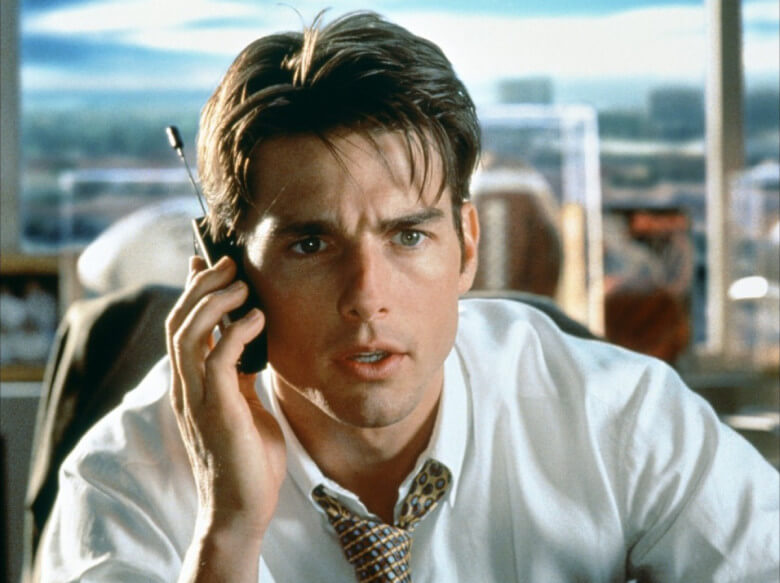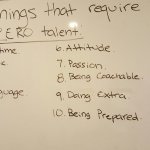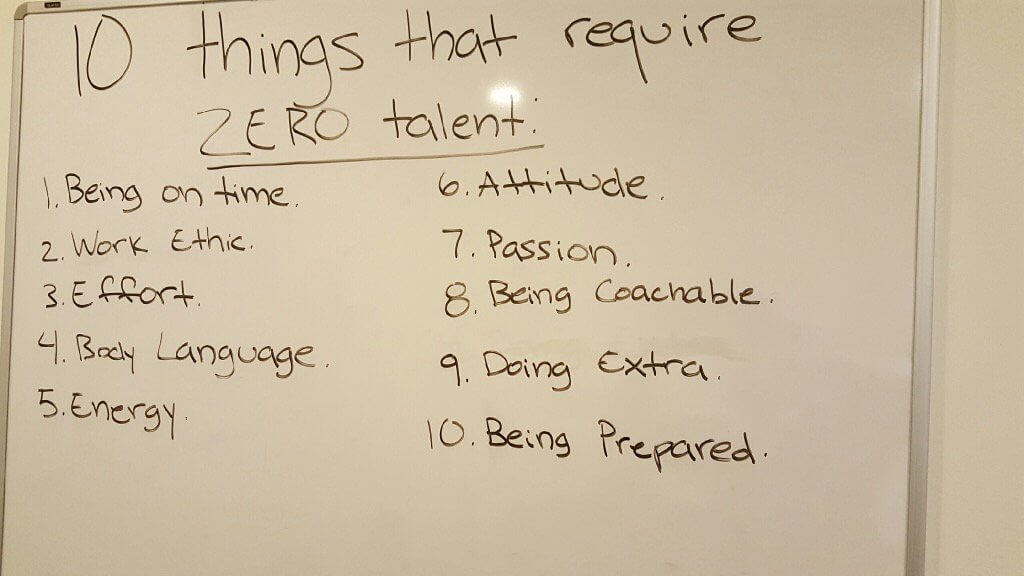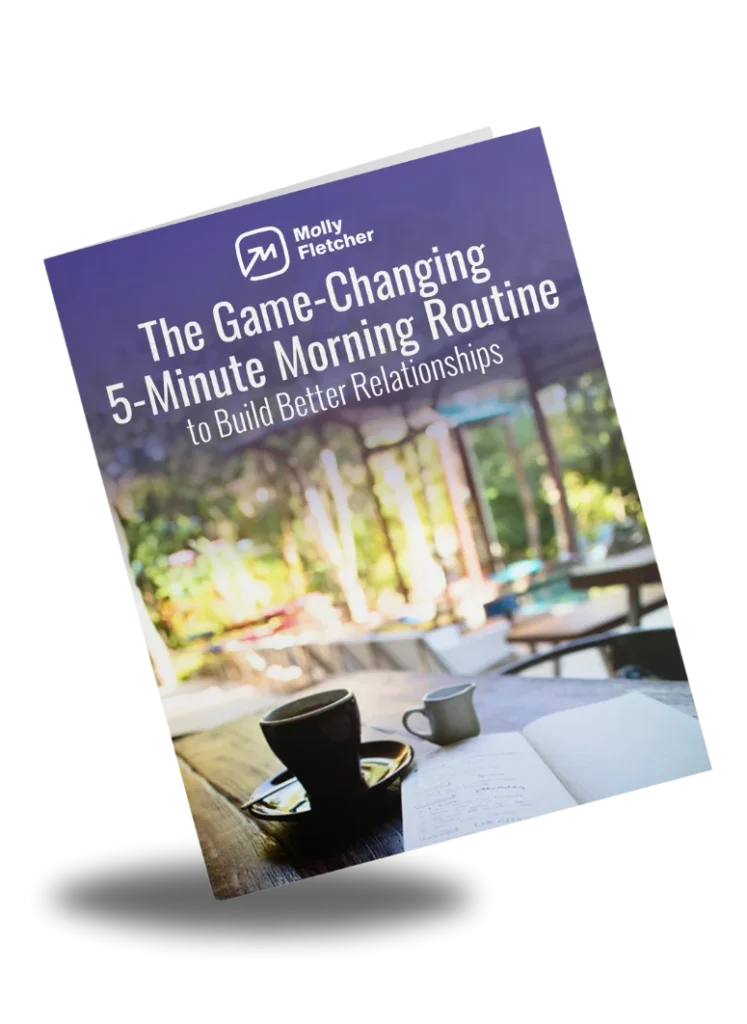 Have you ever noticed how the lines blur between achievement and fulfillment? Yes, you can have both, but often people confuse the two. Achievement becomes addicting and, if we are not careful, becomes mistaken for fulfillment.
Have you ever noticed how the lines blur between achievement and fulfillment? Yes, you can have both, but often people confuse the two. Achievement becomes addicting and, if we are not careful, becomes mistaken for fulfillment.
I saw this all the time working with elite athletes. When I signed them as young players, I could see their impenetrable joy at the thought of playing the sport they loved while getting paid handsomely to do it.
Yet somewhere along the way for many of them, that sense of joy was traded in. The game often became about everything and everyone else around them. With achievement came expectations and pressure until what was once an intrinsic motivation began to shift to external motivation. In these instances, the job quickly becomes an identity—the sport no longer what he does but who he is.
This trend is why you see so many athletes struggle to walk away. For some it’s the passion for the game that makes it hard to retire, but for many it’s the fear of losing his/her identity. Who am I without these accolades? Who am I without this sport? These top athletes often had no idea who they were without being “the man” that the world rewarded them for being for so long.
Sports reveals this struggle on a big stage for all to see, but it’s not a struggle that is unique to sports. Living a life of fulfillment is about having a purpose for your life beyond what you do. It’s about taking control of your life, finding your purpose, and emphasizing the “must haves” and not the “should haves.”
Fulfillment means something different for everyone, but it’s always aligned with a sense of purpose. Don’t let someone else define what it should mean for you. That’s when the lines blur between achievement and fulfillment.
Achievement without fulfillment leaves you empty. In Rio at the 2016 Olympics, Michael Phelps dominated the pool as always. It was a familiar sight to see Phelps win gold medal after gold medal… a scene he had repeated so often every four years that he became a worldwide symbol of the highest level of achievement.
But as Phelps himself shared with the world, that success came at a price. His path to achievement had been isolating. Phelps the swimmer was succeeding, but Phelps the person was struggling mightily. Shortly following the 2012 Olympic Games, after which he had announced his retirement, Phelps hit rock bottom and eventually checked himself into rehab.
“I thought of myself as a swimmer, and nothing else,” Phelps said in an interview with Matt Lauer.
Having your identity solely tied to what you do for a living can consume you in unhealthy ways. With new perspective, a growing family and a renewed purpose, Phelps returned to the pool in Rio and again dominated the pool, finishing his career with both fulfillment and achievement.
“This is the part of my life where I get to start this whole new chapter,” said Phelps. And as he’s getting adjusted to his new role for the 2021 games as both commentator and spectator, he seems genuinely excited about it.
You Game Changer Takeaway
Purpose guides us towards fulfillment rather than achievement. They are not mutually exclusive, but achievement without fulfillment is an empty place. When we trade expectations for purpose, we operate with greater clarity and are freed to take control of our lives and our definition of success.
Get Game Changing Insights
Delivered to Your Inbox
The Molly Fletcher Company inspires leaders, teams, and organizations to kick-start growth. A keynote speaker and author, Molly draws on her decades of experiences working as a sports agent. Her company’s Game Changer Negotiation Training workshops teach business people the framework for successful negotiating so that you can close more deals while building stronger relationships. Sign up here to receive our weekly newsletter and subscribe to the Game Changers with Molly Fletcher podcast on iTunes.
















